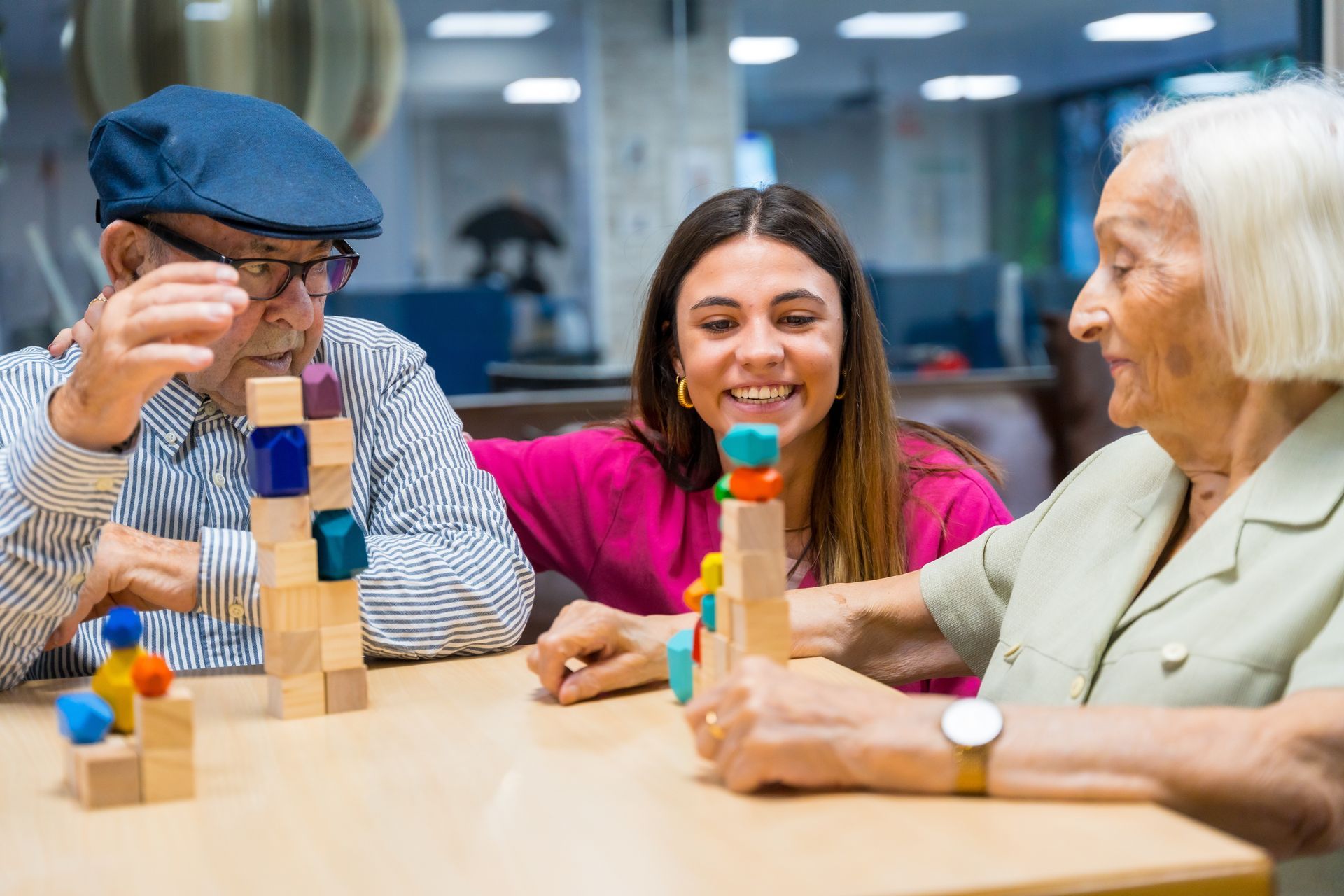BLOG
Alzheimer-Holidays
Holidays
For most families, holidays are filled with opportunities for togetherness, sharing, laughter and memories. But holidays can also be filled with stress, disappointment and sadness.
Because of the changes he or she has experienced, the person with Alzheimer’s may feel a special sense of loss during the holidays. At the same time, caregivers may feel overwhelmed maintaining holiday traditions while caring for their loved one. In addition, caregivers may feel hesitant to invite family and friends over to share the holiday for fear they will be uncomfortable with behavior changes in the family member.
Here are some suggestions that may help to make holidays happy, memorable occasions.
Adjust expectations
- Call a face-to-face meeting or arrange for a long-distance telephone conference call with family and friends to discuss holiday celebrations. Make sure that everyone understands your caregiving situation and have realistic expectations about you can and cannot do. No one can expect you to maintain every holiday tradition or event.
- Give yourself permission to do only what you can reasonably manage. If youve always invited 15-20 people to your home, consider inviting five for a simple meal. Consider having a potluck dinner or asking others to host the holiday at their home.
- Familiarize others with your situation by writing a letter that makes these points:
“I’m writing this letter to let you know how things are going at our house. While we’re looking forward to your visit, we thought it might be helpful if you understood our current situation before you arrive.”
“You may notice that _ has changed since you last saw him/her. Among the changes you may notice are _. I’ve enclosed a picture so you know how ___ looks now.”
“Because ___ sometimes has problems remembering and thinking clearly, his/her behavior is a little unpredictable.”
“Please understand that _ may not remember who you are and may confuse you with someone else. Please don’t feel offended by this. He/she appreciates your being with us and so do I. Please treat _ as you would any person. A warm smile and a gentle touch on ___is shoulder or hand will be appreciated more than you know.”
“I would ask that you call before you come to visit or when you’re nearby so we can prepare for your arrival. Caregiving is a tough job, and I’m doing the very best I can. With your help and support, we can create a holiday memory that we’ll treasure.”
Involve the person with dementia
- Involve the person in safe, manageable holiday preparation activities. Begin slowly by asking the person to help you prepare food, wrap packages, hand you decorations or set the table. (Avoid using candies, artificial fruits/vegetables or other edibles as decorations. Blinking lights may confuse or scare the person.)
- Maintain the person’s normal routine so that holiday preparations don’t become disruptive or confusing. Taking on too many tasks can wear on you and the person.
- Build on past traditions and memories. Your family member may find comfort in singing old holiday songs, for example. But also experiment with new holiday traditions, such as renting seasonal videos.
Adapt gift giving
- Encourage people to buy useful gifts for the person such as an identification bracelet (available through MedicAlertŽ + Alzheimer’s Association Safe Returns); comfortable, easy-to-remove clothing; audiotapes of favorite music; videos; and photo albums.
- Advise people not to give gifts such as dangerous tools or instruments, utensils, challenging board games, complicated electronic equipment or pets.
- Depending on his or her abilities, get the person involved in giving gifts. For example, someone who once enjoyed cooking may enjoy baking cookies and packing them in tins or boxes. Or, you may want to buy the gift and allow the person to wrap it.
- If friends or family members ask what you want for a gift, suggest a gift certificate or something that will help you out as you care for your loved one, like a cleaning or household chore service.
Try to be flexible
- Consider celebrating over a lunch or brunch, rather than an evening meal, to work around the evening confusion or sun downing that sometimes affects some people with Alzheimer’s. Also consider serving nonalcoholic drinks and keeping the room bright.
- Prepare for post-holiday letdown. Arrange for in-home care so you can enjoy a movie or lunch with a friend and reduce post-holiday stress.
- Holidays are opportunities to share time with the people you love. Try to make these celebrations easy on yourself and the person with Alzheimer’s disease so that you may concentrate on enjoying your time together.
Resources
MedicAlert + Safe Return is a 24-hour nationwide emergency response service for individuals with Alzheimer’s or related dementia that wander or who have a medical emergency.
To learn more or to enroll, contact your local Alzheimer’s Association, call 1.888.572.8566 or register online at www.alz.org.
The Alzheimer’s Association is the leading voluntary health organization in Alzheimer care, support and research.
Updated November 2007














